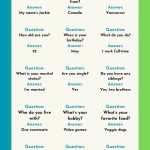If you want to know the animal sounds in English, you’re in the right place. We have the most popular animal noises (horse—neigh, for example). It’s also known an onomatopoeia.
Animal Sounds in English Onomatopoeia
Onomatopoeia is when a word represents a sound. You may already know that cows “moo,” or that snakes “hiss.” Each language has different animal noises! Keep on reading to find out the animal sounds in English with this helpful list, along with pictures of each one.
Animal Sounds List
- chirp (bird)
- cluck (chicken)
- cock-a-doodle-doo (rooster)
- cuckoo (bird)
- hee-haw (donkey)
- hiss (snake)
- hoot (owl)
- meow (cat)
- oink (pig)
- moo (cow)
- neigh (horse)
- purr (cat)
- quack (duck)
- ribbit (frog)
- roar (bear or lion)
- tweet (bird)
- woof (dog)
Animal Sounds in English
chirp—bird sound
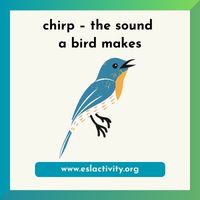
cluck—chicken sound
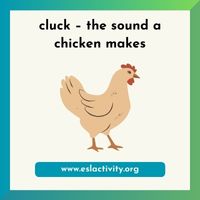
cock-a-doodle-doo—rooster sound
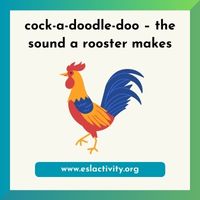
cuckoo—bird sound
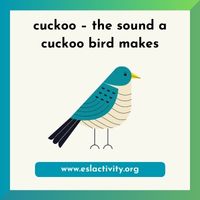
hee-haw—donkey sound
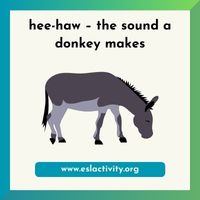
hiss—snake sound
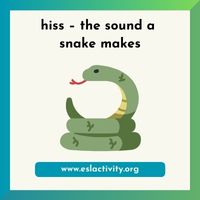
hoot—owl sound
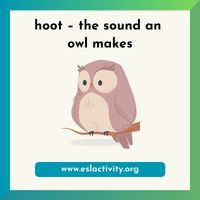
meow—cat sound

oink—pig sound
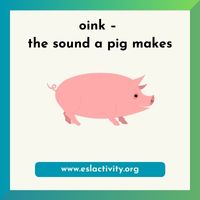
moo–cow sound
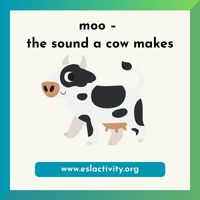
neigh—horse sound
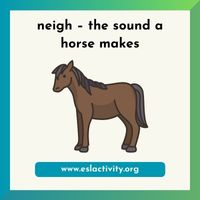
purr—cat sound

quack—duck sound

ribbit—frog sound
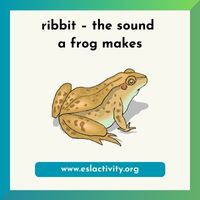
roar—bear and lion sound
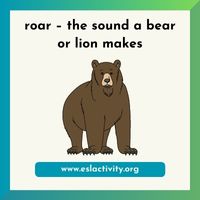
tweet—bird sound
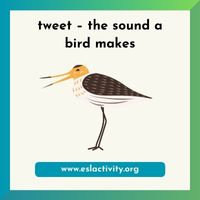
woof—dog sound

If you’re a teacher or parent, you might find this useful: Animal Trivia for Kids with Answers.
Animal Noises in English Chart
Take a look at this animal sounds chart to use for a handy reference.
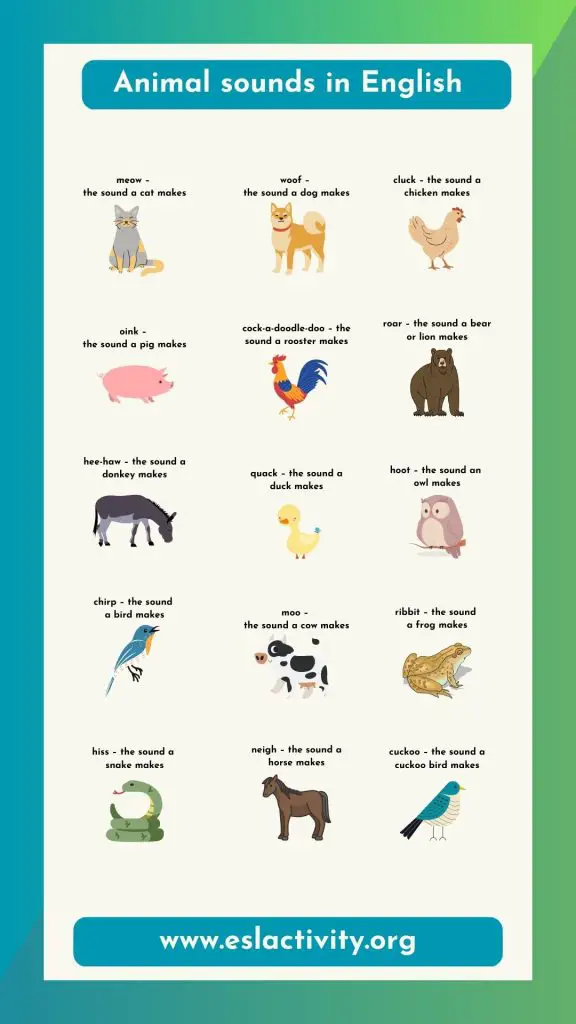
More Vocabulary Resources
If you’re learning English, you might also be interested in these ones:
- Shapes List in English
- Different Types of Birds
- List of Omnivores Animals
- Types of Doctors
- Flower Names
- Things that Come in Pairs
- Winter seasons clothes
- Herbivores Animals Name List
- Color Names
- Abbreviations in English
- Fruit Names
- List of Zoo Animals
- Vegetable Names
How to Remember New Words?
If you want to remember new vocabulary words, here are a few tips that we have:
- Start with this animal noises chart and list. Take a look and read them carefully.
- Be sure to say new words out loud. You should be able to say them, as well as read them.
- Make some flashcards with the animal on one side, and the noise on the other side. Study them whenever you have a little bit of free time.
- Study together with a friend and give each other tests. This will increase your motivation.
- Whenever you learn a new word, use it as soon as possible to make it more memorable.
Animal Noises FAQs
There are a number of common questions that people have about the noises that animals make, in English. Here are the answers to some of the most popular ones.
Why do we use onomatopoeia for animals?
Onomatopoeic words for animals help us express and communicate the sounds they make in a more vivid and descriptive way. It adds an element of sound representation to our language.
Can you give some examples of animal onomatopoeia?
Examples of animal onomatopoeia include “meow” for a cat, “woof” for a dog, “moo” for a cow, “oink” for a pig, and “buzz” for a bee.
Are animal sounds the same in all languages?
No, animal sounds can vary across languages and cultures. Different languages may have their own unique onomatopoeic words to represent animal sounds.
How can learning animal onomatopoeia be useful?
Learning animal onomatopoeia can be useful for language learners as it helps them expand their vocabulary, develop sound recognition skills, and engage in creative language play.
Can you create a sentence using animal onomatopoeia?
“The rooster crowed ‘cock-a-doodle-doo’ to wake everyone up in the morning.”
Do all animals have onomatopoeic words associated with their sounds?
Not all animals have onomatopoeic words associated with their sounds. Some animal sounds are more difficult to represent through onomatopoeia, or their sounds may be represented differently in different languages.
How can we incorporate animal onomatopoeia in language learning?
Incorporate animal onomatopoeia into language learning by using them in vocabulary lessons, storytelling, role-playing, and sound identification activities. Students can also create their own onomatopoeic words for animal sounds.
What sound does a cat make?
A cat usually makes a “meow” sound.
What sound does a dog make?
A dog most often makes a “bark” sound.
What sound does a cow make?
A cow typically makes a “moo” sound.
What sound does a rooster make?
A rooster usually makes a “cock-a-doodle-doo” sound.
What sound does a horse make?
A horse typically makes a “neigh” sound.
Animal Onomatopoeia Guessing Game
How much do you know about animal sounds in English? Find out with this fun guessing game!
Animal Sounds Onomatopoeia: Join the Conversation
Did you find this animal onomatopoeia list useful? Leave a comment and let us know. We’d really appreciate it!




